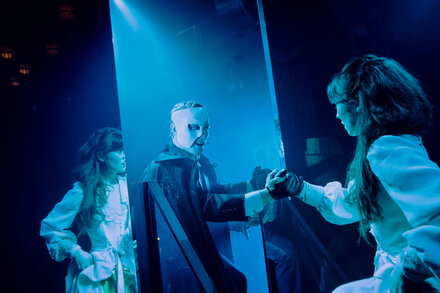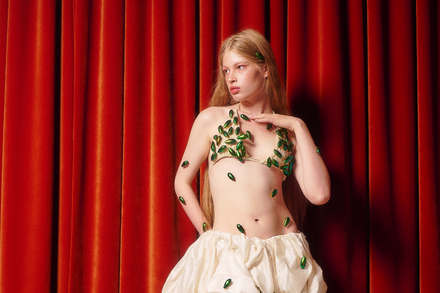
A groundbreaking new theatrical production titled ‘Masquerade’ has opened, promising audiences an unprecedented journey into the complex and tormented psyche of the Phantom of the Opera. Described by critics as a radical reinterpretation of Gaston Leroux’s classic tale, the show aims to immerse viewers directly within the titular character’s internal world, offering a fresh perspective on his motivations, desires, and the very nature of his obsession.
The production, whose debut has drawn significant attention, moves beyond a conventional narrative structure to explore the Phantom’s emotional landscape. Instead of merely witnessing his actions, audiences are guided through his memories, his creative genius, and the profound isolation that shapes his existence beneath the Paris Opera House. This innovative approach relies heavily on a combination of cutting-edge stagecraft, intricate sound design, and a deeply psychological script.
Early reviews highlight the production’s success in achieving its ambitious goal. One prominent critic noted the profound impact of this narrative shift:
“In ‘Masquerade,’ you are not merely observing the Phantom; you are, for the first time, truly *inside* his mind. The experience is both unsettling and profoundly empathetic, peeling back layers of villainy to reveal the tortured artist beneath the mask. It redefines what we thought we knew about this iconic figure.”
The creative team behind ‘Masquerade’ has emphasized a commitment to fidelity to the spirit of the original story while daring to explore its psychological underpinnings with new intensity. The director reportedly drew inspiration from various interpretations of the Phantom’s character across literature and performance, synthesizing them into a cohesive, introspective vision.
Performances are said to be central to conveying this internal world. The actor portraying the Phantom is lauded for a nuanced depiction that balances monstrousness with vulnerability, guiding the audience through moments of artistic brilliance and devastating despair. The staging itself reportedly uses dynamic projections and shifting sets to mirror the labyrinthine nature of the Phantom’s thoughts, creating an almost hallucinatory experience.
This re-imagining challenges long-held perceptions of the Phantom as a one-dimensional villain, urging viewers to confront the tragedy inherent in his isolation and unrequited love. ‘Masquerade’ is poised to ignite fresh discussions about one of literature’s most enduring figures, proving that even a century-old story can find new depth through innovative theatrical exploration.
Source: Read the original article here.





